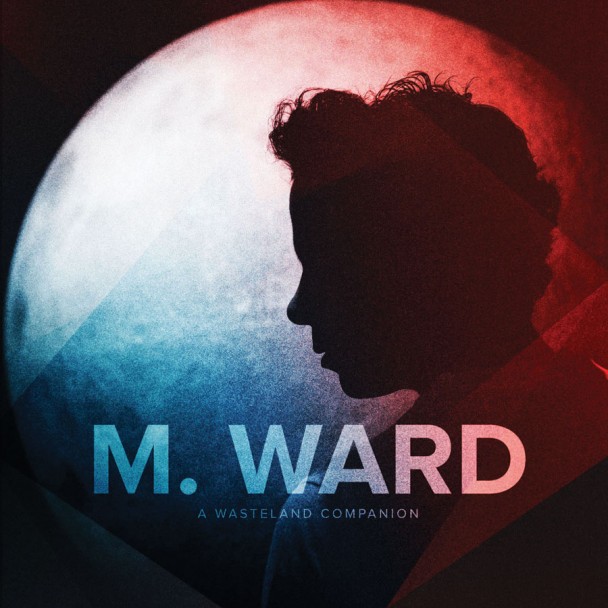If this album gives us any insight into M. Ward’s well-being, he’s doing fine. It’s clear from start to finish that things are going well, and on the occasions where it isn’t, he’s learned to be alright with that. On opener “Clean Slate,” he finds himself confident and self-assured in the risks of love. About 33 minutes later on “Pure Joy,” his only concern is to be glowing and happy. This kind of optimism usually has something to do with solutions to life’s troubles, like success or love, but A Wasteland Companion gives one the impression that it’s just a matter of maturity. He’s grown into a state of mind that is content and capable of navigating the heart’s traffic.
It’s a good thing that his style is a solid fit for this territory. Some of his best work sees him taking simple themes and applying wisdom, endearing lyricism, or charming nostalgia for added depth. If M. Ward can make a bountiful track about a boy and his big boat, he can make a rousing song about being plainly fine. So when Zooey Deschanel comes on for her requisite guest spot on “Sweetheart,” where the central line is the suspect-on-paper, “You have a sweet heart, sweetheart,” it gets by on a 50s rock & roll aesthetic.
There are still a couple of dips into gloom, such as “Me & My Shadow,” a fast-paced track where darkness is personified and encountered, slightly resembling the enigmatic sensibilities of Bob Dylan’s “Highway 61 Revisited.” But these visits feel small and inconsequential. M. Ward doesn’t sound particularly impassioned during them, and so none of it sticks.
Ward continues on his trajectory toward bigger, flashier productions and the result is a more cinematic, though less intimate affair. The closest this album comes to scaling back is the song “There’s A Key,” but even that is so crisp and patient that any rawness is rubbed away. It makes up for that in elegance. Strings are mixed far in the back to create an ambient beauty, drums lay low and never pop and pristine piano flourishes are injected into several tracks. It is often very pretty.
Yet A Wasteland Companion has no reliable heavyweights. The aim is to take your breath away, like a sweeping vista, but at its best it’s just a photograph of one. A great landscape image, sure, but it doesn’t rise to any importance beyond a great desktop wallpaper. If we were to compare it his established accomplishments, it struggles to improve upon them or freshen them up. Ward has always called upon bygone forms of blues, rock & roll, folk and more, but on this album it sometimes feels like he’s calling upon old M. Ward songs. Because while “Crawl After You” is a solid love-struck piece, it really just makes me jazzed to listen to “Poison Cup” off Post-War again.
For all its gorgeous expansiveness and new perspectives, it never comes together to be incisive or essential. This isn’t an inherent effect of joy or confidence or maturity – I don’t want to sound like I believe this would be a better album if it had an eye toward suffering. It’s more that there’s a choice here to be serene instead of momentous, highly pretty instead of very close. As it is, the listener is invited mostly to observe instead of empathize. It will be a pleasant listen, but that’s all.

